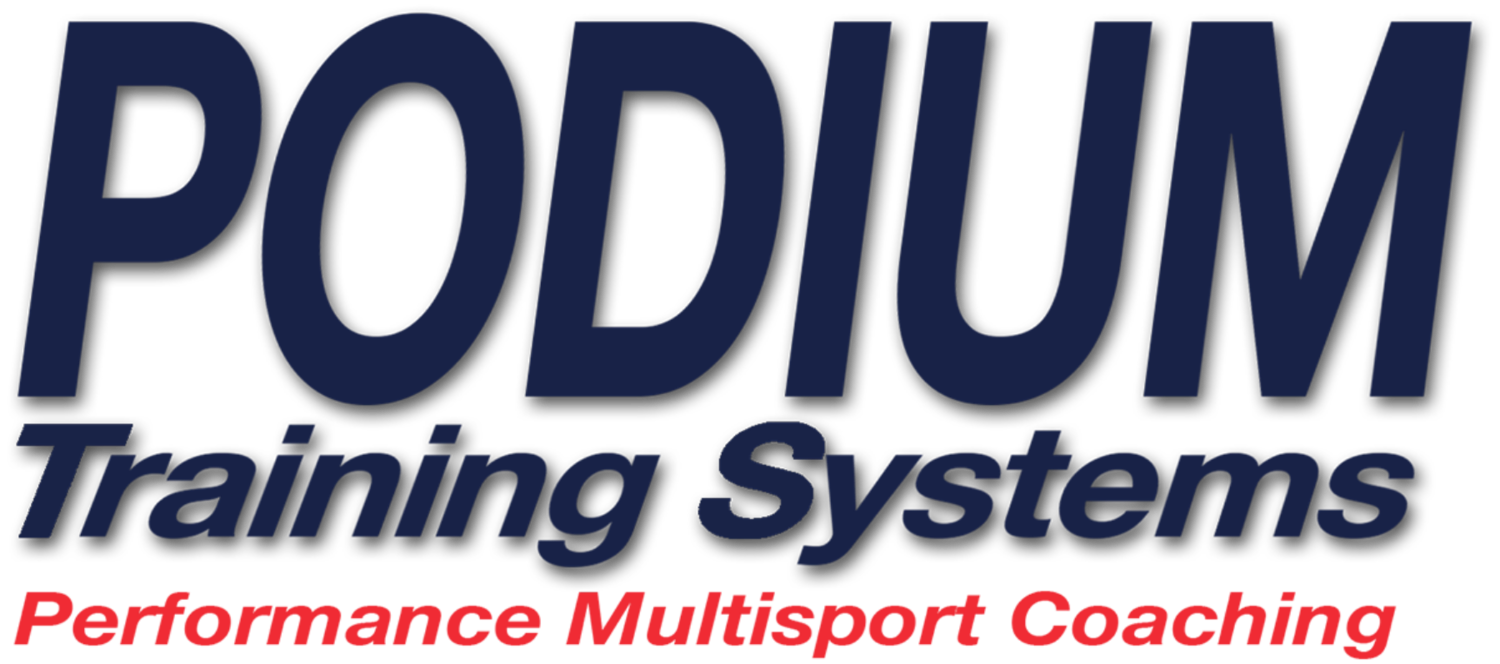I was out riding this morning, enjoying the fact that I'm able to be out riding after breaking the old ankle. Granted, I've been swimming and cycling for a while, but I'm still having that little bit if euphoria every time I get outside on my bike. Sorry, I digress. Anyway, I was out riding this morning, thinking about how quickly, really, this rehab has been going. I then started to think back to the accident itself, the surgery, etc, and realized I was pretty lucky - for a number of reasons - all in all, but more so that I had a great support system at home.
My wife JL was amazing during the whole broken ankle thing. And I'm not just talking about taking me to the ER and then to the Orthopedist. And then for an MRI. And then back to the Orthopedist. And then to the hospital for surgery and getting my prescriptions filled.
I'm talking about having someone at home who understood that this was a major deal for an athlete. She understood that this was going to really be a mental strain on me as well, and did an amazing job of keeping things in perspective. Yes I was fortunate the accident happened in the winter. And I was also fortunate that I could keep swimming almost immediately after the hard cast was taken off post-surgery. But she really kept an eye on me and made sure I was following doctors orders and also made sure that I was being smart:
The point here? (Yes, there's a point): It's good to have a support mechanism at home. Not just when you get injured, but in general.
Triathlons, marathon training, whatever - you need to have someone who understands what you're going through, and why, and is supporting you in your endeavors. I'm lucky to have someone who, on all accounts, is behind me in my training and mania. I think I balance my life with triathlons pretty well, and it helps that she does triathlons herself. But I'm pretty sure that without someone at home to support the early mornings, keep me in check when I'm overdoing things, and to cheer me on at T1, T2, and the finish chutes, well, I just wouldn't enjoy the sport as much.
My wife JL was amazing during the whole broken ankle thing. And I'm not just talking about taking me to the ER and then to the Orthopedist. And then for an MRI. And then back to the Orthopedist. And then to the hospital for surgery and getting my prescriptions filled.
I'm talking about having someone at home who understood that this was a major deal for an athlete. She understood that this was going to really be a mental strain on me as well, and did an amazing job of keeping things in perspective. Yes I was fortunate the accident happened in the winter. And I was also fortunate that I could keep swimming almost immediately after the hard cast was taken off post-surgery. But she really kept an eye on me and made sure I was following doctors orders and also made sure that I was being smart:
- She made sure that I ate healthy, fiber-rich, foods. Breakfast was usually a whole grain English muffin, fruit, and sometimes a veggie juice or a smoothie. She also knew that without the exercise levels my body was accustom to, I needed to watch my food intake.
- She'd scold me for trying to do too much around the house - insisting that I keep my leg elevated. Her favorite saying during the 3-4 week period of mostly immobility? "Don't be a hero, get back on the couch".
- When the desire to just sit back and have beer to drown my sorrows of not being able to go out and run would come around, she'd make sure I didn't. "Stay off the hooch so long as you're taking painkillers".
- Oh, and did I mention that she made sure that I didn't overdo it on the Oxycontin? Granted I only used one or two of those (I found one of the other painkillers - a less addictive one - a more effective solution) but she made sure that I wasn't overdoing anything.
- She'd even (on one occasion early on) put some chicken and veggies in a crock pot for me so I'd have lunch and dinner lined up for a couple of days. And for a vegan to cook chicken, well, you know what I'm talking about. That's devotion.
The point here? (Yes, there's a point): It's good to have a support mechanism at home. Not just when you get injured, but in general.
Triathlons, marathon training, whatever - you need to have someone who understands what you're going through, and why, and is supporting you in your endeavors. I'm lucky to have someone who, on all accounts, is behind me in my training and mania. I think I balance my life with triathlons pretty well, and it helps that she does triathlons herself. But I'm pretty sure that without someone at home to support the early mornings, keep me in check when I'm overdoing things, and to cheer me on at T1, T2, and the finish chutes, well, I just wouldn't enjoy the sport as much.
